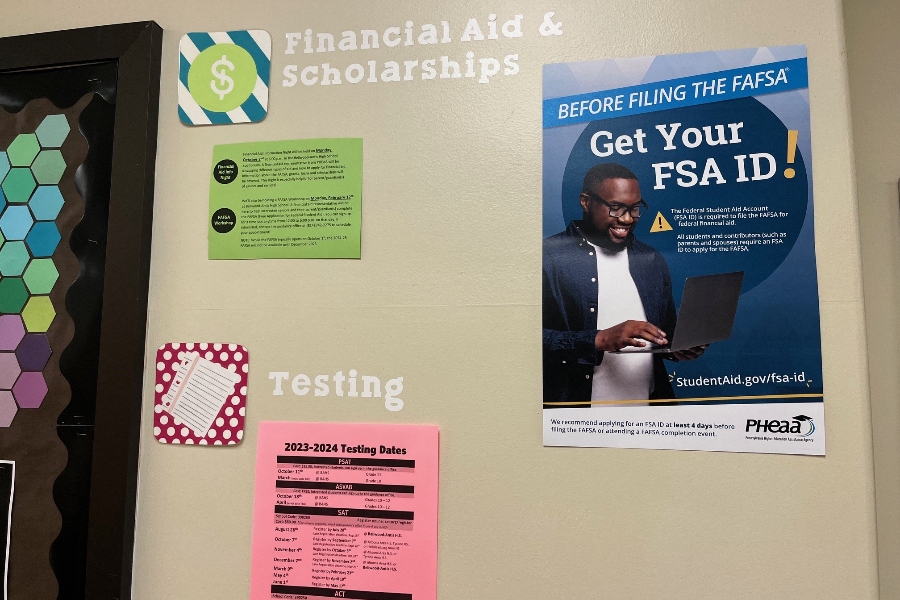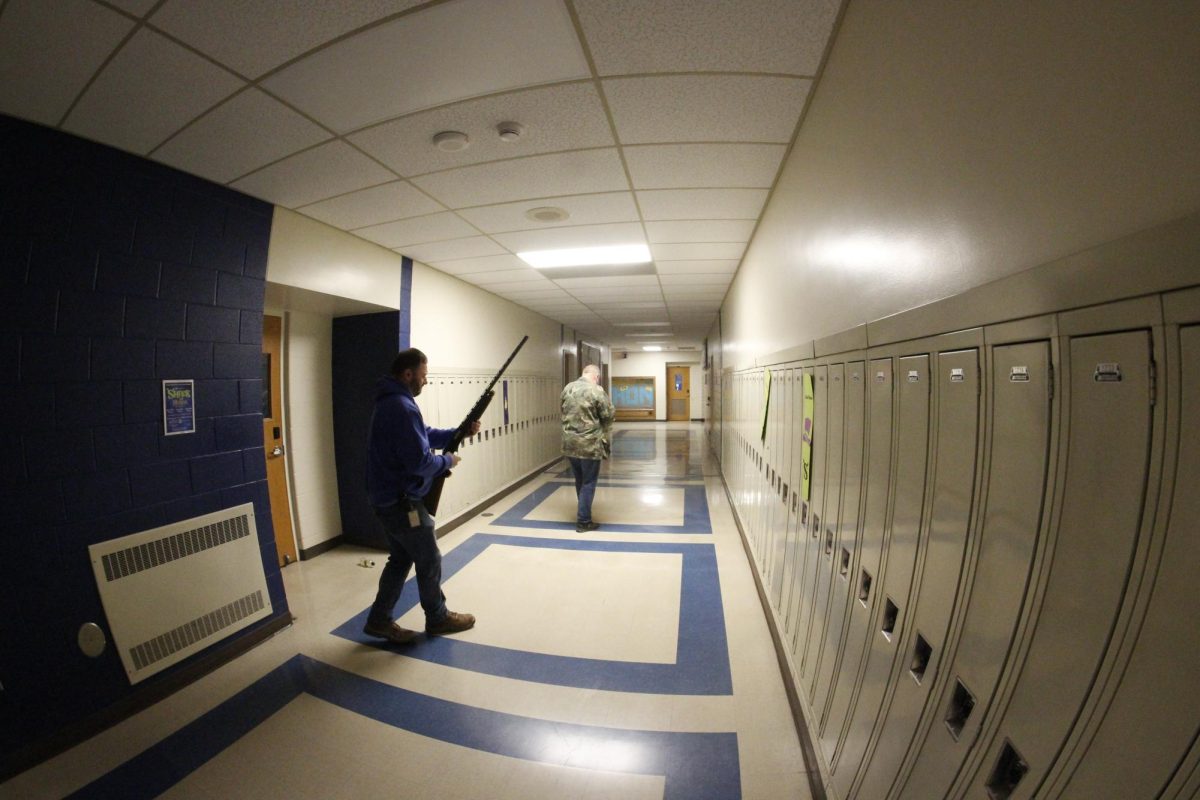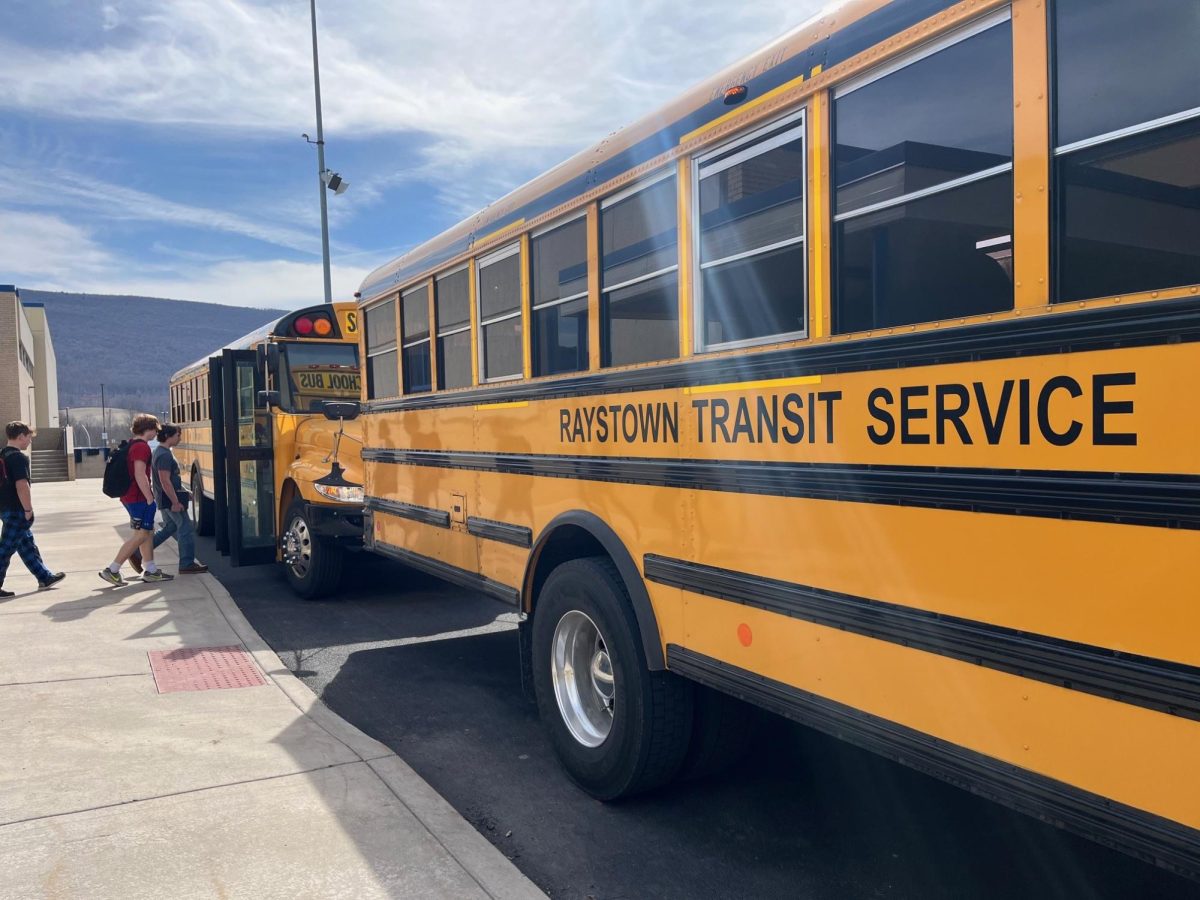As the end of the school year nears, seniors are opening college acceptance letters, depositing down payments, and selecting meal plans.
Amidst the exciting college to-do lists, there are financial fears that loom overhead for most students. Tuition, room and board, and all of the other costs that make up a college semester’s bill are major factors in college decisions.
According to research from The College Board, there has been an increase in tuition costs from the 2022-2023 school year to this year. Four-year public schools had a 2.5% elevation and four-year private colleges rose 4% in costs.
Of a surveyed group of Bellwood-Antis seniors, 55.5% credited cost to being at least somewhat of a factor in their college decisions.
For senior Katie Bianchini, cost was “the most important” factor for her.
“Once I found colleges that cost the same, I then took a tour to determine which one I favored more,” she said.
Vincent Cacciotti agreed that cost was a factor; however, his choice wasn’t centered around that component.
“I knew that I wanted to go to Penn State, so for me, the cost of it has really just been set in stone. I am now working to defray,” Vincent mentioned.
Aside from the rising cost of college, the 2024 admissions season had another twist this year. The Free Application for Federal Student Aid (FAFSA) opened at a later time than the usual month of October for students, and therein created delays in receiving aid packages.
Senior Jessie Corrado feels the pressures of the waiting game due to the FAFSA complications. Jessie is choosing to “wait until all of [her] FAFSA financial aid packages are sent out to make a decision.”
Young post-secondary graduates have to face large amounts of debt when the college experience comes to an end. Nationwide students graduate with bachelor’s degrees carrying just over $29,000 in debt, but in Pennsylvania the number if much higher at $35,000. The result is a whopping $1.74 trillion dollars in student loan debt held by American students.
Some B-A seniors are already thinking ahead and anticipating the burden.
“I am terrified of being in debt when I’m done [with school] since I’m going to be living on a teacher salary,” quoted senior Abigail Eckenrod, who will be attending Duquesne University in Pittsburgh. “The cost did scare me a bit, but I valued my happiness and my college of choice over money.
Senior Evalyna Aiken thinks the topic is “overwhelming to think about,” which is a common consensus among her classmates.
Julie Fontana of the Pennsylvania Higher Education Assistance Agency advises students to only borrow what’s truly necessary.
“(Students) shouldn’t borrow more to get their education than what they will be making that first year in the workforce. If they stick to that rule, they won’t have problems paying back their loans,” Julie quoted.
It’s unfortunate that so many high school seniors have to face the reality of the ever-increasing cost of college and make decisions based upon that. It leaves many thinking about whether or not higher education comes at too high a price.














